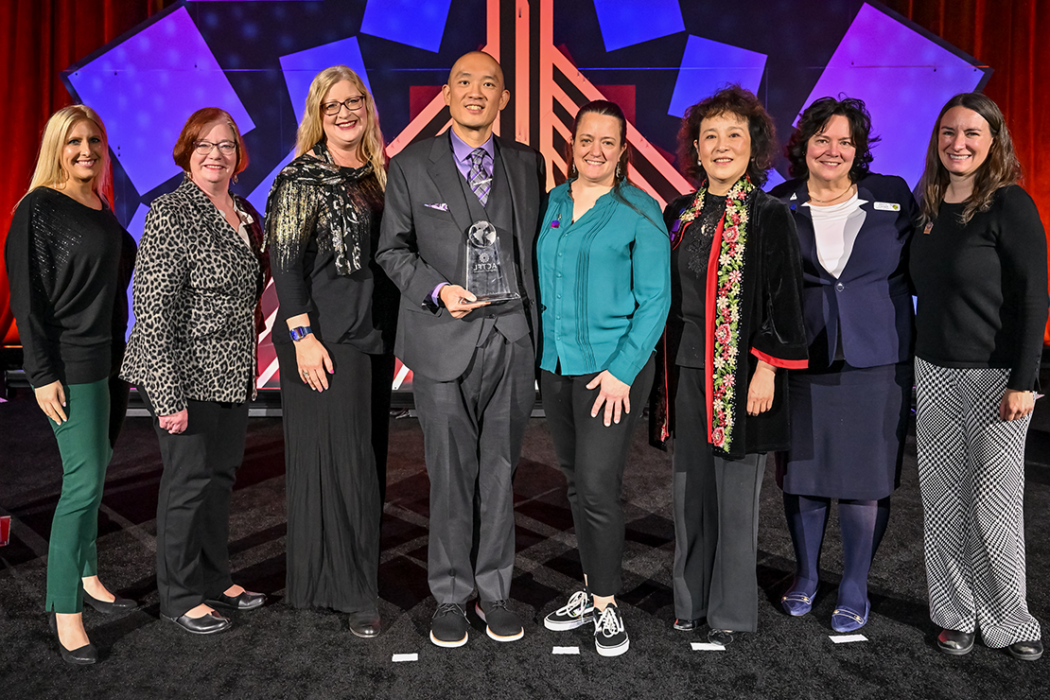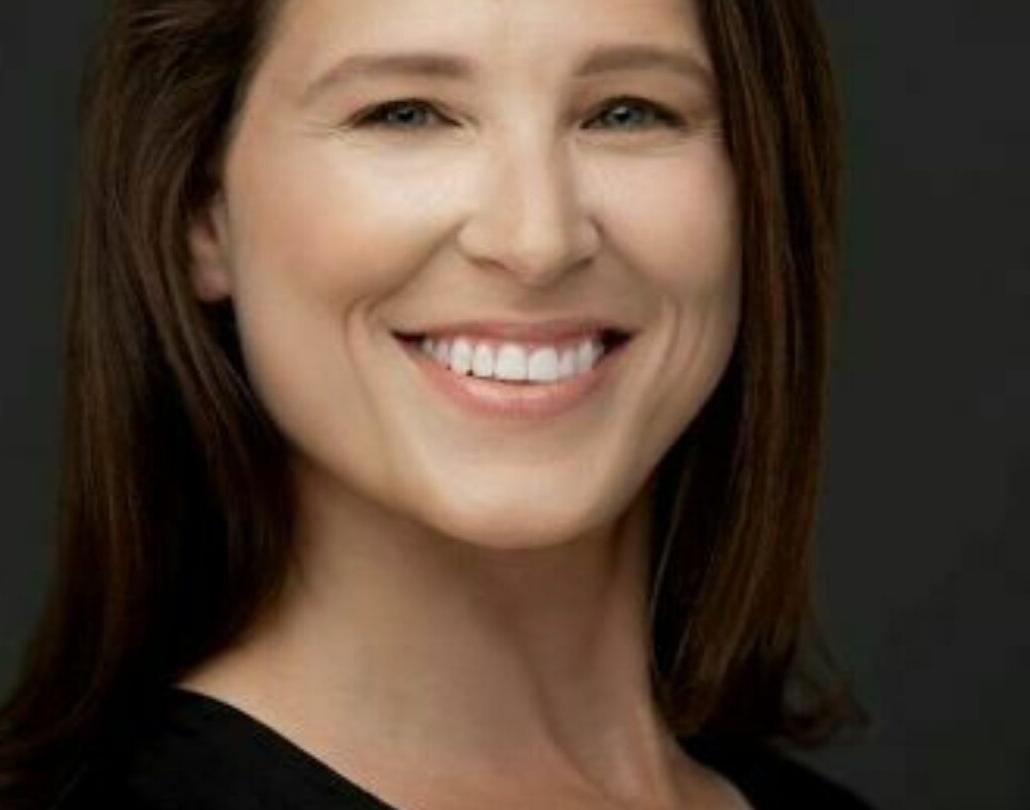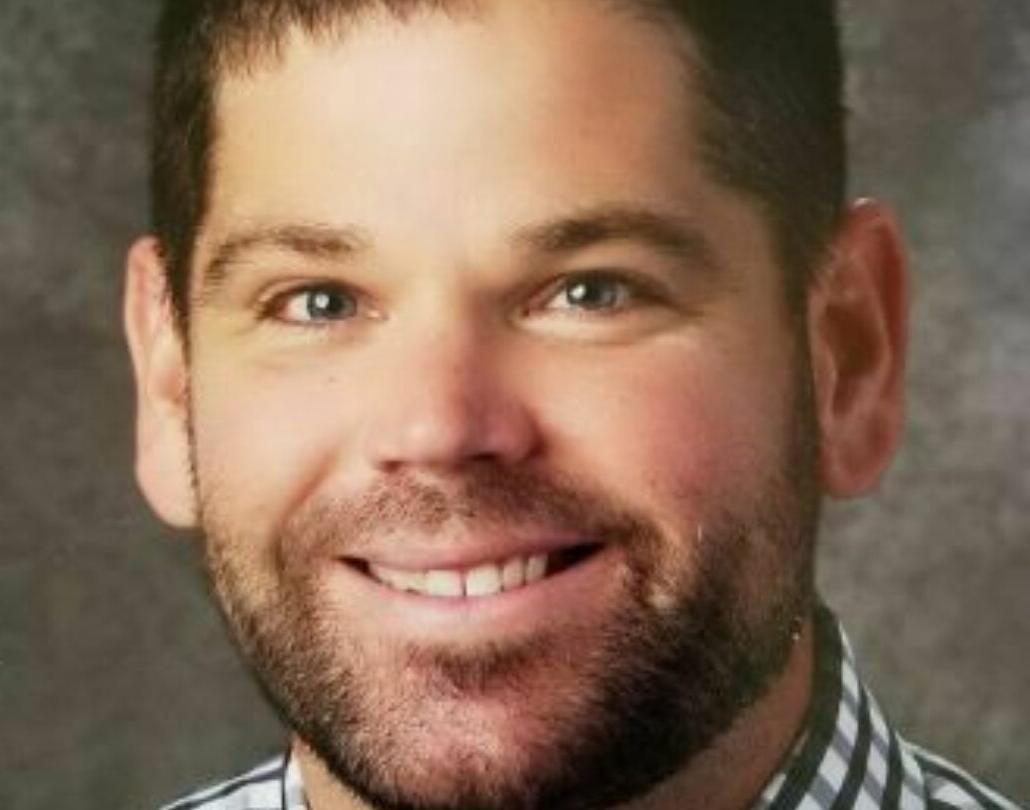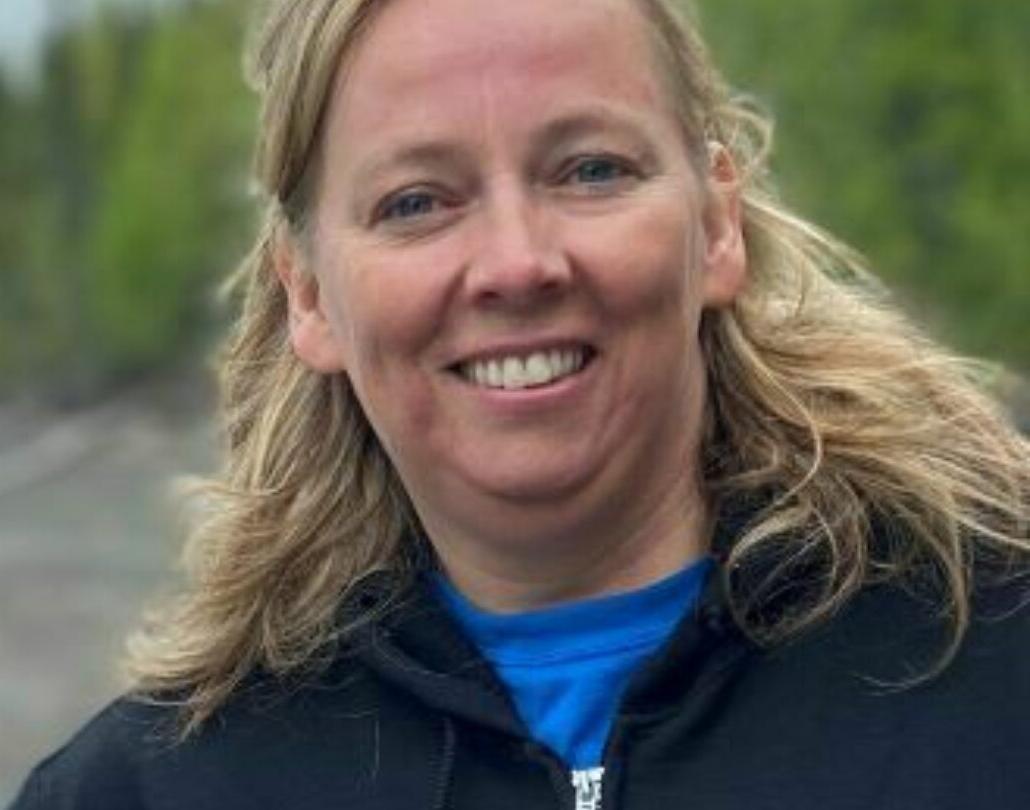2021 ACTFL National Language Teacher of the Year
Elena Kamenetzky
Eastern High School, Louisville, KY, SCOLT, Japanese
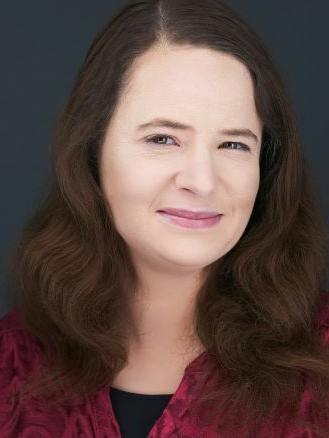
On the first day of school, at least one student in Japanese 1 will ask me directly, “Are you Japanese?” I’m from the Midwest, I’m very white, and I don’t have a Japanese name. But at least one student – often more than one student – will still ask me that same question. Every year. Without fail. And when I answer that no, I am not Japanese, the follow-up question is always the same: “Then how come you speak Japanese?!”
Many of my students walk into the classroom believing that only Japanese people can speak Japanese. They don’t believe that they can truly learn a foreign language – they don’t even seem to have imagined that they could learn a new way of writing, a new way of speaking, or a new way of looking at the world.
But as we press on through the first few weeks of school, those same students are shocked to discover that they can have a whole conversation in Japanese. They’re triumphant when they can read something written entirely in a foreign script – even something small, even sometimes just a single character!
By the time that spring semester rolls around, I have first-year students ready to challenge themselves to participate in the KWLA World Language Showcase. I have first-year students volunteering to participate in the annual Bluegrass Area Japanese Speech Contest. And I have first-year students telling me that they will continue to take Japanese for the next two years so that they can participate in the activities for higher-level students: Getting a Japanese pen-pal through the Global Classmates exchange program. Flying out to Washington DC to compete in the National Japan Bowl. Joining the National Japanese Honor Society. And then, of course, there’s The Big One: Every two years, I take a group of Eastern students to Japan. They get to experience Tokyo, Kyoto, Nara, and a one-week homestay with students at Iwaki Sogo High School in Iwaki City, Fukushima Prefecture.
One of the students who asked me “Are you Japanese?” on the first day of his freshman year of high school was the very same student who, three years later, was sitting in a classroom in Japan, chatting with Japanese students about his plans to study abroad in college.
I think this gets to the heart of what “developing language and cultural competencies” really means: Getting our students to realize that they can use the language that they’ve learned to communicate. Providing them with opportunities to use their language to broaden their horizons. Showing them that not only is the world bigger than they imagined, but that they can understand so much more of the world than they knew before, and that their futures contain more possibilities than they had realized.
It’s about making our students realize that they’re not small. That they’re not limited. That even when the rest of the world seems impossibly far away, they can still learn and new language, reach out, and make a real connection.
